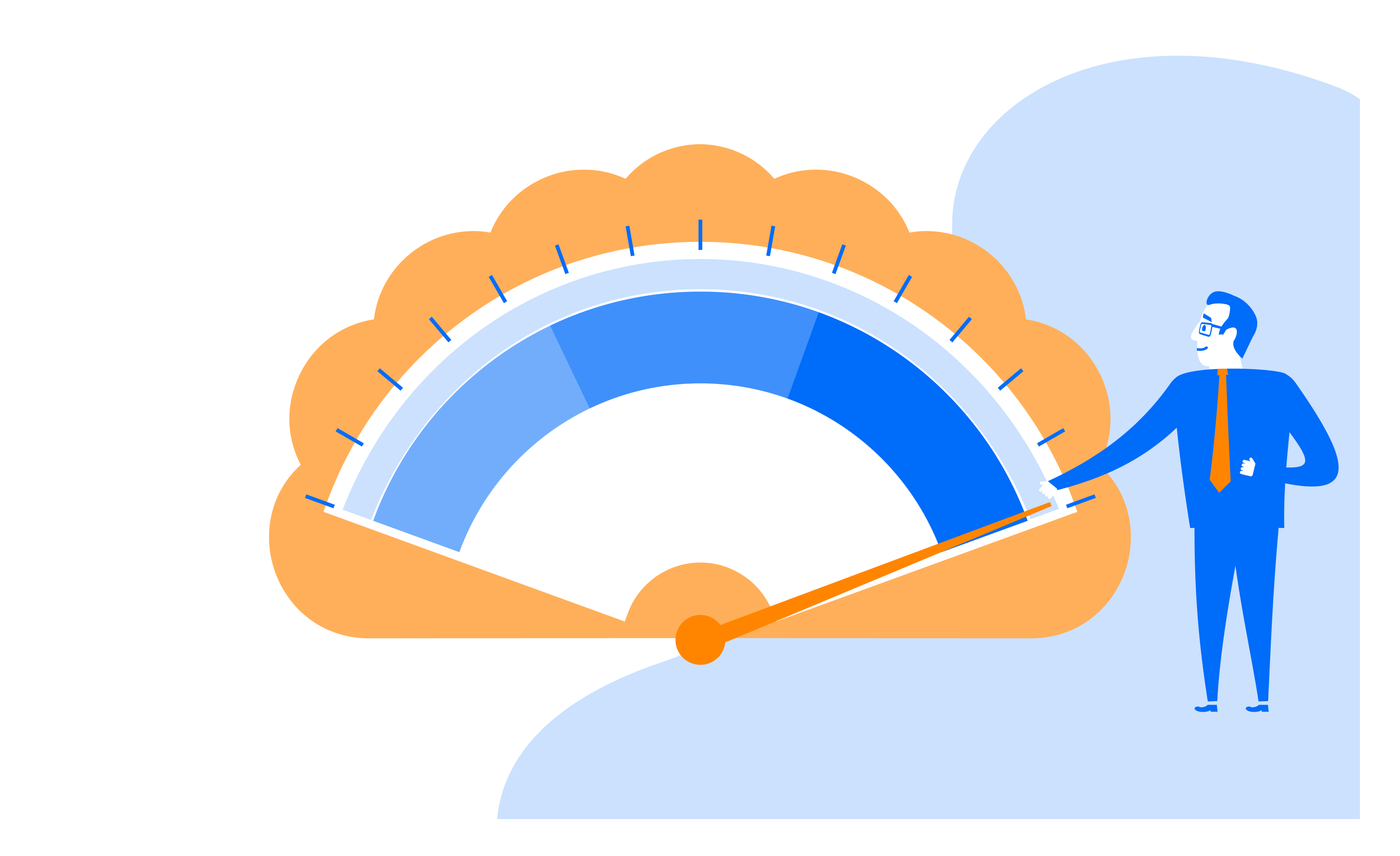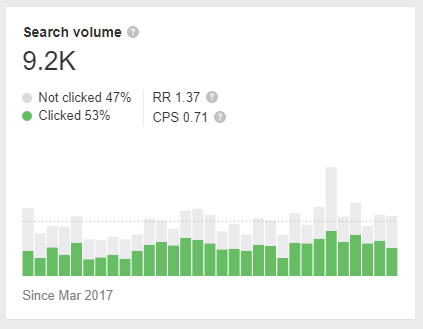Marketing Review – The Power of Google

In this issue, I thought I’d look at something different rather than the normal update on how much the sector is spending on marketing. But for those of you still interested in this, the answer is a lot!
Q3 spend was up 11% compared to Q2 and 10% compared to the same period last year. TV spend was down quarter-on-quarter (8%) and year-on-year (18%), but both PPC spend and money invested in other marketing activities such as press, radio and outdoor are both up.
PPC continues to break records and was at the highest level seen, breaking the £4m barrier for the first time and reflects an 18% quarter-on-quarter increase and 32% year-on-year increase.
Radio and press remains a low spend area overall, but spend has increased 158% compared to last quarter and 58% to the same period in 2018.
2019 has been a fairly seismic year for online search across both paid and organic areas, particularly when it comes to Google. I was amused recently when I read a quote on LinkedIn that stated that ‘9 out of 10 online searches about legal issues begin online’ – take a second to absorb the absurdity of that statement.
Whether they meant 9 out of 10 people turn to the internet to look for legal help first or 9 out of 10 searches are done via Google, the reality is search marketing is an extremely powerful tool. There are many different ways to reach your audience, but the reality is that those coming from intent driven searches on the internet are generally the best type of enquiries that you will receive.
With Google as the most used search engine it is essential that you keep abreast of their developments to ensure your search marketing remains ahead of the curve and what a busy year it has been for Google.
Looking at organic search we have had three core updates in March, June and September this year, which were fairly significant updates but not as much as BERT that is currently under release. More on BERT later but the other updates have certainly shaken up the legal sector and we have seen big fluctuations within the positioning of different brands in their organic positions.
Why is this important?
If you are reliant on a volume of enquiries from natural search traffic (seen by some as free enquiries – they aren’t, but they are cheaper than paid search) then suddenly your ranking for ‘No Win No Fee’ drops from position one or two to five, six, seven or worse, then you are going to need to look at other sources for these enquiries.
This is where people turn to paid search or PPC advertising and we are seeing this with the increased investment in paid advertising.
Changing SERPS
SERPS or the ‘Search Engine Results Page’ is the way search information is presented on screen by Google and the presentation of this information is continuously changing. Historically, if you searched something like ‘No Win No Fee Solicitors’ and your website ranked in position one then you would see a link and description to your website near the top of the page under the paid adverts.
Now you have to compete with a range of other results including; featured snippets, knowledge graphs, knowledge cards, local information, top stories, videos, images, tweets, people also asked, reviews, related searches and much more. All of these are pushing ‘natural’ organic positions further down the page and increasingly SEO specialists have to think about more than just technical SEO but the other areas of Search Engine Marketing that will get their website ranking in the right places.
Currently up to four adverts appear at the top of the SERPs. There are still rumors in the market that this could increase to eight. This will have SEO’s weeping into their coffee even more as there is a real danger (especially on mobile) that number one on organic performance will be at the very bottom of the page.
Hello BERT
BERT (Bidirectional Encoder Representation from Transformers) is an update to the natural language programme used to process search requests. It is designed to improve the recognition and meaning of searches, particularly those that are questions. In essence, it is trying to better understand the context of the question and return more meaningful and accurate search results.
It follows on from RankBrain five years ago when they initially launched natural language processes and is supposed to work more like a human.
Previously, if you searched something like ‘Brazil traveler to usa need a visa’ (which to most people is grammatically poor) then it would likely return information about US citizens needing visas to travel to Brazil.
Now it recognizes that the search is the opposite of this and will present results about travelling to the US above US residents travelling to Brazil.
For the consumer this should mean better search results, but for the SEO’s (and digital PR’s) it won’t have a direct impact on initial search engine optimization because Google are telling us that you can’t optimize for this update. However, with one eye on the future and increased voice search, we will see more opportunity to open up search results on wider search terms and not just narrow two or three worded search phrases.
Google = $$$$
Google has come a long way from its launch in 1998 when their ideology was to present the information in a useful format. They are now a multi-billion-dollar corporation generating almost $40.5 billion in revenue in Q3 of 2019 alone. Advertising revenue accounted for about $34bn of this, so it isn’t a great surprise to hear that they are continually evolving their advertising tools to drive incremental revenue.
Some of the new initiatives in 2019 have been welcomed (I can’t giveaway which ones these are) but, others have simply made paid advertising more difficult.
The removal of average position will quite frankly be a real pain, especially in a sector where we see eyewatering cost per clicks. In addition, they also rolled out a change which meant that same-meaning close variants on search terms became exact match keywords.
Therefore you may be bidding on something like ‘lawn mowing service’ and now a search term such as ‘grass cutting service near me’ will be matched to what you are bidding on. Google claim it will help improve clicks by 3% to 4%, but time will tell if it drives the right type of clicks especially if the intent isn’t what you had in mind. It does mean you will have to focus more on your negative keywords to ensure you are not wasting money on dead clicks.
What does the future hold?
A little early for 2020, predictions, but you should already have one eye on next year.
The biggest thing for me is the continued drive by Google to keep people in the SERPs or paid for actions (paid for by the advertiser, not the searcher). They will want to continue to drive revenue and to do that they need to monitise more of the features they produce. As such, expect organic search listing to become not only more difficult to achieve, but also less relevant in results.
Stats already suggest that only around 50% of all searches in Google lead to a click to an external website.
“Medical Negligence”


RR = Return Rate shows how often the same person searches for a given keyword over a 30-day period.
CPS = Clicks Per Search refers to the average number of clicks that people perform after searching for a given keyword.
We can already see this in the search engine results – search for something like insurance, cinema tickets, hotel rooms and you will be able to book directly from the SERPs. They will be looking to drive more of these features.
Voice – people have been talking about this for a while now and whilst voice activated devices aren’t hitting SEO in the way many predicted, more and more people will be using voice to search as opposed to using a keyboard. As such, the searches people make will change. There will be more longer tail searches and a higher volume of variants. Points I raised earlier around BERT and close-variant searches will become more integral in both your paid and SEO strategies.
Mobile First – if you’ve not built your website to be mobile first indexed then you may as well take it down. Google have been working on the ‘Mobile First Index’ for almost two years now and it is critical that you ensure all your content and UX is mobile friendly, because if they aren’t then it doesn’t matter what you do to your website you will see its performance decline over the next year.
Speed and Security – in the era of speed and technology, a website loading in more than 3 seconds is seen as an infinity. This will become an increasingly important ranking factor, so you will need to look at how well your website loads. In addition, data privacy, cyber security and GDPR is becoming an important part of society and whilst they won’t impact SEO directly if you don’t have adequate procedures in place then Google will punish you.
Competition – despite industry reforms (which may or may not be delayed), changes in legislators and an uncertainty across the sector, all the signs are that competition will be more intense than it has ever been.

